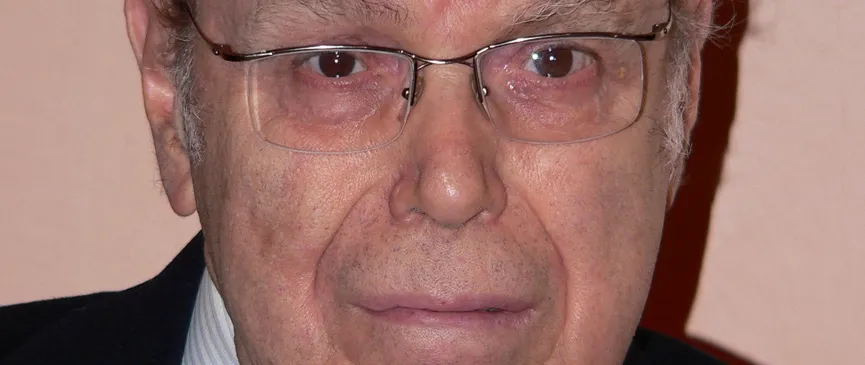Main content
Javier Pérez de Cuéllar Prince of Asturias Award for International Cooperation 1987

Javier Pérez de Cuellar, diplomat and Secretary General of the United Nations (1981 - 1991), was born in (Lima, Peru, 1920 - 2020), studied Law at the Universidad Católica in the city of his birth, and joined Peru's Ministry for Foreign Affairs in 1940. He began his diplomatic career in 1944, serving as secretary to the embassies in France, United Kingdom and Bolivia, as well as Brazil, where he also served as minister without portfolio.
Within one year of returning to Lima in 1961, he was promoted to the position of ambassador, holding successive posts as director of the departments of Law, Administration, Protocol, and Political Affairs. In 1966, he was appointed Vice-Minister for Foreign Affairs, and in 1981 he held the position of Legal Advisor to the Minister for Foreign Affairs. Pérez de Cuellar has been an ambassador for his country in Switzerland, the Soviet Union, Poland and Venezuela. He was a member of the Peruvian delegation for the first period of sessions of the United Nations' General Assembly in 1946, and also of the delegations between sessions 250 and 300. In 1971, he was appointed Permanent Representative for Peru to the United Nations, heading their delegations in all the sessions until 1975. In 1973 and 1974, he represented his country at the Security Council, and held the presidency when the events in Cyprus came to a head in July 1974. In September 1975, he was appointed Special Representative of the Secretary General in Cyprus, a post he held until December 1977. On 27th February 1979 he was appointed Deputy Secretary General for Special Political Affairs for the United Nations. From 1981 onwards, whilst still holding this post, he acted as personal representative of the Secretary General for Afghanistan.
May 1981 saw him once again back at Peru's Ministry for Foreign Affairs, although he continued to represent the Secretary General in Afghan affairs right up to his election as Secretary General of the United Nations in December of that same year, taking over from Kurt Waldheim. Pérez de Cuellar thus became the fifth Secretary General of this organisation, and the first Latin American to hold the post. He was re-elected in October 1986 for a further five-year mandate.
He was also a lecturer in international law at Peru's Diplomatic School and lecturer in International Relations at its Air Force Academy. He is the author of 'A Manual of Diplomatic Law'.
Javier Pérez de Cuéllar was a tireless, calm, patient, prudent negotiator of great effectiveness. He has shown particular interest in Third World countries during his mandate. He acted as peacemaker during the Falkland Islands War, playing a decisive role as intermediary between Argentina and Great Britain, and doing sterling work to achieve reconciliation between the two countries after the conflict ended in 1982.
He has also supported the efforts of the Grupo de Contadora, the basic inter-state framework for achieving peace in Central America, and has mediated in the Libya and Afghanistan conflicts, amongst others. He intervened in negotiations on the independence of Namibia and on the Sahara conflict between Morocco and the Polisario, as well as participating in contacts between Cyprus and Turkey aimed at finding a solution for the island of Cyprus.
The international community as a whole unanimously realises that the United Nations has been consolidated as a forum for discussion and for solving the problems that arise between the world's states and communities during Pérez de Cuéllar's mandate.
Once democracy had been restored in his country, he served as Prime Minister and Minister of Foreign Affairs of Peru between 2000 and 2001 during the transitional government headed by Valentín Paniagua Corazao. Immediately after that, he was appointed Ambassador of Peru to France and Ambassador to UNESCO, a position he was to resign from in December 2004.
He holds honorary degrees from 25 universities and is a member of the French Academy of Moral and Political Sciences. Among many other international distinctions, in January 1989 he received the Olof Palme Prize for International Understanding and Common Security from the Olof Palme Memorial Fund and in February of that same year, the Jawaharlal Nehru Award for International Understanding, in India. In 1998, he received the Albert Einstein Peace Prize from the International Association for World Peace and the Great World Peace Award from the Oughtopia Peace Foundation. Among other international decorations, he holds the Grand Cross of the French Legion of Honour and is a Knight of the Collar of the Spanish Order of Isabella the Catholic.
End of main content
